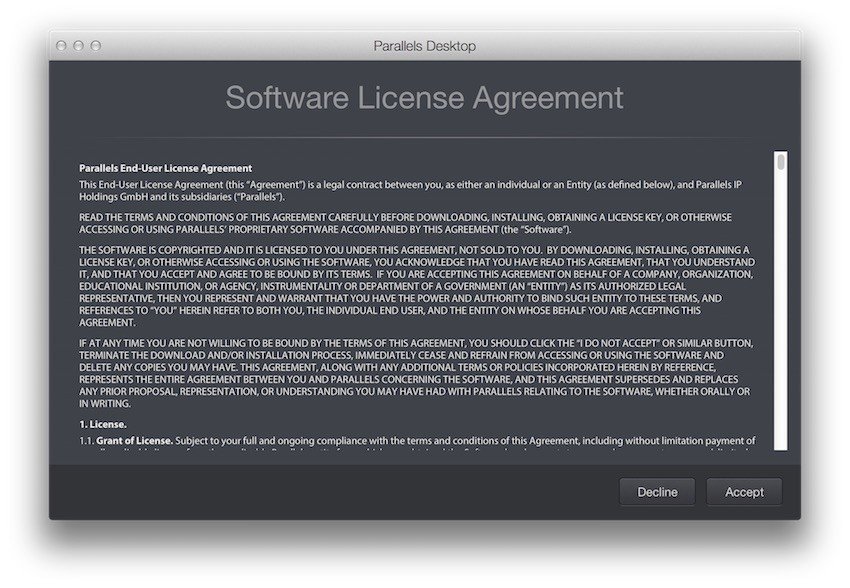In today's digital era, software plays an integral role in nearly every aspect of human existence, ranging from individual tasks to vital corporate functions. As the reliance on tech grows, the importance of the value of using genuine application licenses for software. The temptation of forged licenses might appear enticing due to their reduced costs, but the hidden consequences can surpass the first savings. Many people misjudge the risks involved, resulting in serious repercussions that can impact not only their money and their safety and reputation.
Navigating the world of software licenses can be complex, with many choices available to consumers. Yet, the temptation to take shortcuts by choosing unauthorized alternatives can put users to numerous risks, including malware, legal problems, and weakened support services. Understanding the value of authentic licenses is crucial, as they offer not just features, but also security and protection against unexpected risks. Through this cautionary tale, we will examine the ramifications of employing forged licenses and the essential importance that genuine application licenses play in protecting users and their businesses.
Comprehending Counterfeit Licenses
Forged license documents are counterfeit papers that falsely claim to offer approval for the utilization of software. These licenses often resemble real ones but are produced through fraudulent means. Individuals and entities might be tempted to procure counterfeit licenses to save on expenses associated with authentic software purchases. However, this action can lead to significant risks and outcomes.
One of the main dangers of employing fake licenses is the law-related ramifications. Software firms actively watch for piracy and the utilization of counterfeit licenses. If caught, individuals can face significant penalties, lawsuits, and damage to their reputation. The risks extend outside direct legal consequences; they can also affect company operations and upcoming relationships with suppliers or customers, who may lose faith in an organization that engages in illegitimate practices.
Furthermore, counterfeit licenses do not offer the benefits associated with genuine licenses, such as upgrades, assistance, and safety patches. Using fake programs can expose individuals to viruses and weaknesses, leading to information loss and security incidents. The unexpected costs of these risks can far surpass the savings gained from initially acquiring a forged license, emphasizing the necessity of investing in genuine software licenses.
Lawful and Financial Repercussions

The utilization of counterfeit software licenses can lead to serious legal consequences for persons and companies alike. Software developers and firms invest substantial resources into creating and protecting their products. When licenses are forged, it constitutes a violation of copyright laws, making users liable to legal action. This may lead to hefty fines, litigation costs, and potential legal charges, particularly if the infringement is deemed willful. The legal complications can draw businesses into prolonged court proceedings, which can distract from core operations and damage reputations.
Financially, the fallout from utilizing fake licenses can be devastating. Companies found guilty of utilizing unauthorized software may face penalties that surpass the costs of legitimate licensing. activatusoftware could also be required to pay for back licenses, effectively doubling or multiplying their initial software expenses. Furthermore, companies may experience higher operational costs when forced to implement compliance measures to tackle the fallout, including audits and legal consultations.
In addition to immediate penalties, the reputational damage can lead to extended financial strain. Clients and partners may lose trust in a company that has engaged in illegitimate licensing practices, resulting in lost business opportunities and diminished market competitiveness. As regulatory bodies continue to tighten enforcement against software piracy, it's essential for both persons and organizations to understand these potential consequences and select legitimate software licenses to mitigate risks.
Safeguarding Yourself against Fraudulent Activities
To safeguard against the risks linked to counterfeit software licenses, it is crucial to develop a keen sense for genuineness. Always purchase software from trusted sources, including they are authorized company websites, certified resellers, or established retail outlets. Avoid deals that seem too favorable to be true, as they frequently lead to counterfeit products. Looking for customer reviews and vendor credibility can provide additional assurance that you are making a wise investment.
A further critical step is to verify the license key or activation code before installing. Many software vendors provide tools or services that allow users to check that a license is genuine. Utilizing these tools can save you from upcoming headaches. If you have doubts or worries about a purchased license, reaching out to the software vendor’s support team can provide clarity and potentially expose scam activities.
Finally, keeping detailed documentation of your software purchases is highly advised. Records such as invoices, receipts, and emails related to your software licenses can serve as proof of genuineness. In the event that you become a victim of fraud, this documentation can help in reporting the incident and maybe recovering your losses. Taking these preventative measures can greatly decrease your risk of falling victim to forged licenses, ensuring your software environment remains safe.
